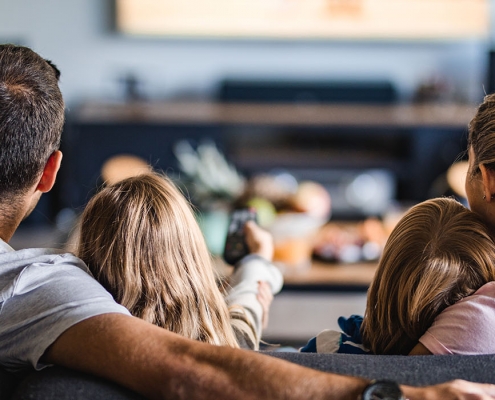Tag Archive for: parenting teens

Where Are The Parents?
Another school shooting today, this time in Maryland. This time the “bad guy with a gun” was killed by a “good guy with a gun.” But, the bad guy was 17 years old, so even though there was someone there to put an end to it, I have…

That’s Not How We Do It in Our Family
Over the years our children have come home and said things like, “You know, Eric’s family watches TV during dinner.” To which we would respond. “That’s nice, but that’s not how we do it in our family.”
Our response served two…

The Problem with Perfection
They say "nobody's perfect," and they're right. Perfection is a myth.
Really.
The problem is, that if we look at Instagram, Facebook, or other social media postings, it might appear that a lot of people have really perfect lives.
What…

Put Down The Controller (and Nobody Gets Hurt)
My name is Richard, and I am an addict.
When my children were young and asleep I used to sneak into our family room, power up our Nintendo, and quietly play the now-ancient video game with infectious music called “The Legend of Zelda” into…
